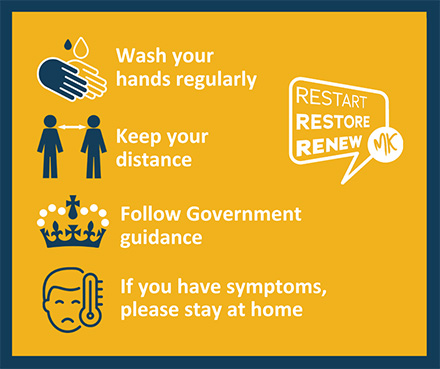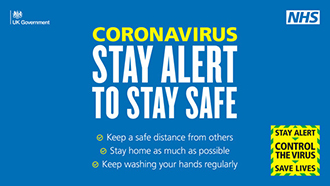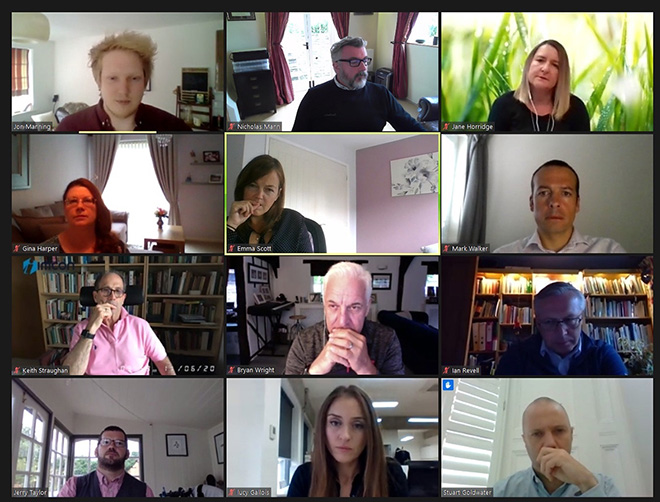EMPLOYEES returning to work will need a period of adjustment as they adapt to new working routines, an expert on mental health has warned.
More than 75% of employees had experienced some form of mental health issue before the coronavirus pandemic and ensuing lockdown. One in six were suffering from diagnosable conditions and those figures are set to rise as people come out of furlough.

Employers will need to build in good mental health strategies and offer training in emotional literacy so employees are not only equipped to deal with their own issues but to spot the signs in their colleagues, says Jon Manning, chief executive of specialist training and support organisation Arthur Ellis: Mental Health Support.
“Employers have a duty of care to transition the fear that many employees will be feeling into trust,” Mr Manning told a virtual meeting of Milton Keynes Business Leaders Partnership. “Throughout this period it is vital that while communication is continued, there needs to be an understanding that workers will have changed, and a period of adjustment needs to be factored into the return to work as employees reconnect.”
Mr Manning incited frank discussions among the group of Milton Keynes business leaders during an online event after giving a candid account of his own personal experience with mental health.
Driven by the frustration of not receiving adequate support during his experience led Jon to form Arthur Ellis, named after his grandfather, a schizophrenic who spent the majority of his adulthood institutionalised due to the lack of understanding surrounding his diagnosis.
“Our aim is to change people’s experience,” Mr Manning said.
With mental health tipped to be the next pandemic, Jon stressed the need for businesses to upskill their employees and create Mental Health First Aiders in a bid to mitigate mental health issues as people return to work.

Mental health has moved up the political agenda over the last ten years and Mr Manning cites the 4,000 young people in Milton Keynes alone who have a diagnosable mental health disorder but face a potential wait of a decade to receive vital support. Working with companies to improve their mental health strategies has equipped Jon and his team with the funds to support this generation and Arthur Ellis now provides support to 200 youngsters across the city.
“The revenue stream derived from the work we are doing with corporates is enabling us to drive down the time it takes for people to gain access to mental health support to just two days.”
Employers must be prepared to prudently bring back furloughed staff to the workplace, encouraging them to embrace the new working routines, he added.
by ANDREW GIBBS e: news@businessmk.co.uk



